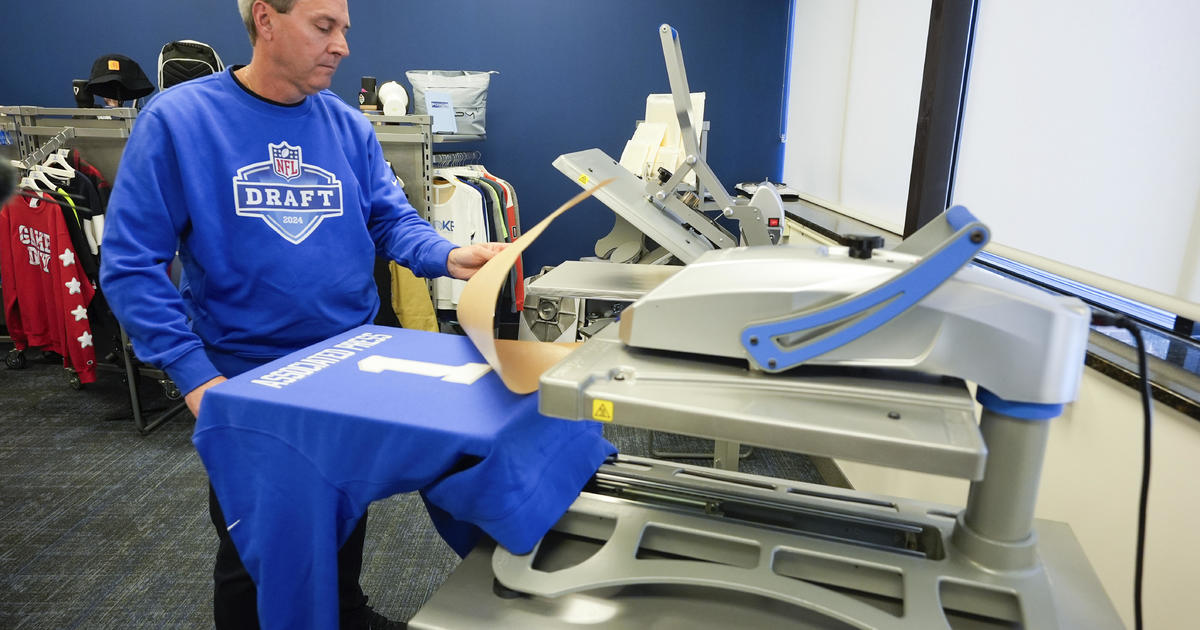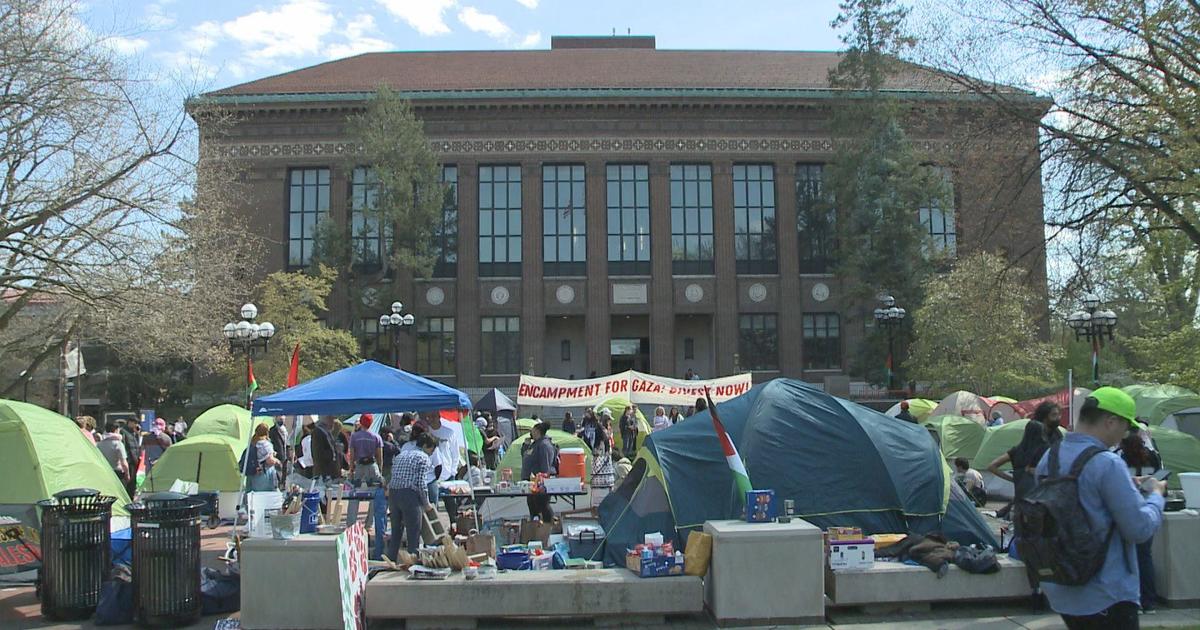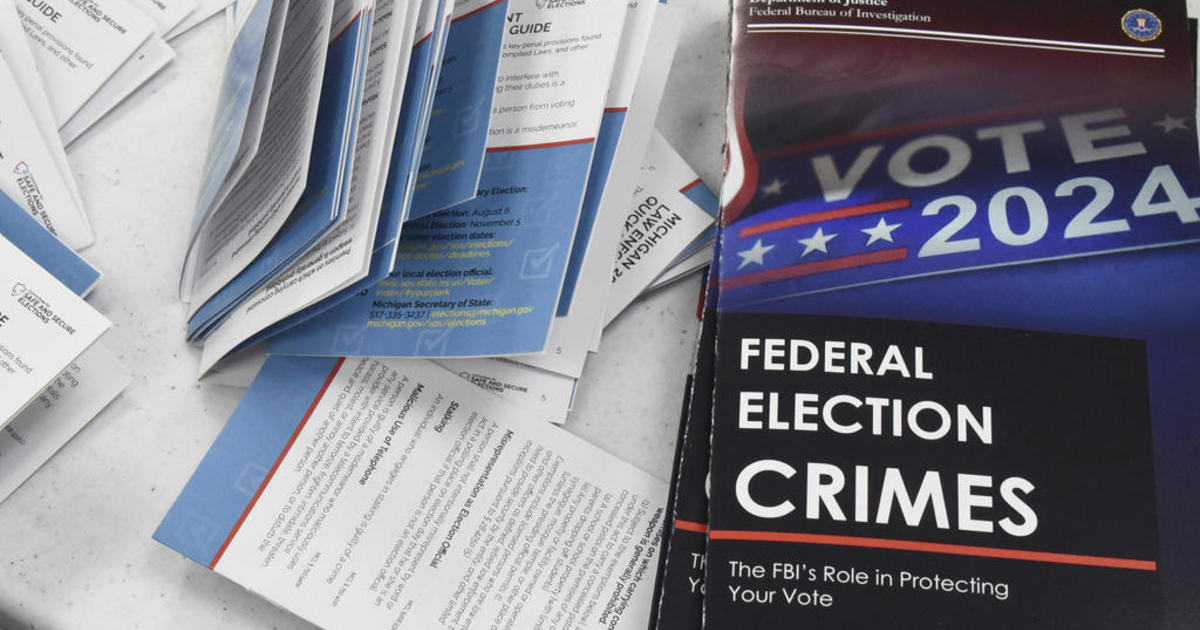MSU Summit: Prosperity Ahead In New Economy
How can Michigan best use its land -- its cities, its open spaces, its shorelines -- to boost prosperity?
More than 200 state and local government leaders, entrepreneurs and foundation executives gathered in East Lansing Friday for the fourth annual Michigan Land & Prosperity Summit, sponsored by the Michigan State University Land Policy Institute.
In the opening keynote, Brookings Institution vice president Bruce Katz set the stage by pointing out that we lost 8.8 milliion jobs in the last recession, and only 15 percnet of those have come back. One in seven Americans now lives in poverty; three in four Americans either lost their jobs in the last recession or knew someone who did.
And there's no going back, he said, because the economy before the last recession was wasteful, characterized by excess consumption and excess debt.
The next economy, he said, must be driven by exports, powered by low-carbon-footprint energy and fueled by innovation. And the next economy will be based on large cities -- more than 50 percent of the world's population now lives in large cities, a first -- and will be based on more production from formerly sleepy economies like Brazil, India and China.
And America needs to get with the global program.
"Americans don't get out much," Katz said. "Only 28 percent of us have a passport. And every time a governor or a mayor goes abroad it's treated almost as a criminal act by the local press."
Katz pointed out that America retains large advantages in exports -- we still make good stuff, and we have a huge trade surplus in services.
As for low carbon, Katz said, we must move from carbon-based power to "an eclectic mix of sustainable power, with more focus on local resources."
He said China is out-investing the U.S. in everything from high speed rail to clean energy "because they understand tha the transition to low carbon is not just an environmental imperative, it is a market opportunity."
Innovation, Katz said, has always driven economic progress. And the world today is "on the cusp of a tech revolution -- self-driving vehicles, smart homes, remote health care." Here too the U.S. is in danger of lagging -- we're now No. 45 on the global list of bachelor's degrees granted in science and engineering.
Katz also said that the U.S. needs to boost educational attainment of African-Americans and Latinos -- not just as a matter of fairness, but as a matter of national competitiveness.
Katz said Brookings and Lansing-based Public Sector Consultants will make a wide variety of information available soon on the competitiveness of Michigan's largest metro areas vs. their global peer groups.
"Washington may literally shut down, but Michigan should be open for business," Katz said. "Washington may decide to have an ideological food fight, but Michigan should send a message that we are focused on being at the vanguard of the clean energy revolution and innovation."
After Katz's speech, the summit shifted gears to a series of short presentations -- eight minutes, and presenters were literally gonged off the stage if they went too long -- from entrepreneurs, community leaders and local officials, telling their stories of using place to build prosperity.
John Bebow, executive director of the Center for Michigan, talked about the centrist think tank's consensus-building community conversations. Laura Heintzelman, executive director of the Manistee County Community Foundation, talked about her community's efforts to use old and new media and community involvement to attract a million new visitors by 2020. Dalton Roberson Jr., program manager of Community Legal Resources in Detroit, talked about his group's involvement in the Detroit Vacant Property Campaign, to hold land owners accountable for dilapidated properties.
A highlight of the event was Sean Mann, a Southwest Detroit resident and proprietor of the Web site www.letssavemichigan.com, which fights for continuation of the state brownfield and historic tax credits.
Mann described how his block club has taken personal responsibility for its surroundings, boarding up vacant houses, making contact with the owners of dilapidated properties (and suing one), fixing up a bridge leading to the neighborhood, helping maintain Clark Park, and proposing various uses for the land around the long-vacant Michigan Central Depot.
When it comes to the group's activities, Mann said, "we get tired of waiting for city approval. We always ask, but we don't wait around."
Also, Roy Minervini, president of the Minervini Group, and Marsha Smith, executive director of Rotary Charities of Traverse City, talked about maintaining the sense of place Up North, including the gorgeous ongoing redevelopment of the historic buildings at the former Traverse City Regional Psychiatric Hospital.
CeCe Grant, Michigan organizer of Transportation for America, spoke of the need for more mass transit in Michigan, and pointed out that mass transit is not an "or," it's an "and."
"It's OK, we can have trains AND cars," she said.
The Land Use Institute also announced a new paartnership with Detroit Public Television to produce a new TV series, tentatively titled "Moving Our Metros Forward: A Leadership Conversation," that would explore key issues affecting urban development and define a sense of place in communities.
"We're in a time of enormous political challenge in Michigan," Detroit Public TV senior vice president for content and community engagement Georgeann Herbert said. "We need to focus on issues preventing our communities from thriving."
Detroit Public TV Webcast Friday's event. And videos from the meeting will soon be posted on the Land Policy Institute's Web site, www.landpolicy.msu.edu.



